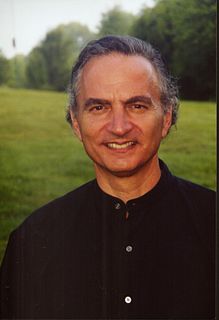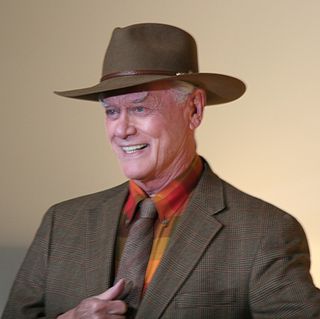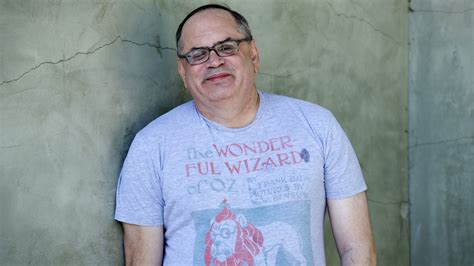A Quote by Desmond Tutu
You might have thought that a world such as ours, so hard-nosed and cynical and brash, would have very little time for transcendence, spiritual values of goodness and compassion, gentleness, and caring, but we actually do experience them.
Related Quotes
If I am practicing spiritual poverty, which says that I own nothing, then the problems aren't mine and neither are the energy and compassion pouring through my heart to try to solve them. I am just a link in the process. If I don't take anything personally, then I can do great work without flagging. The Dalai Lama once said, 'Try with all your might - to work very, very hard - to make the world a better place, and if all your efforts are to no avail . . . no hard feelings!'
Our compassion is the fruit of our spiritual lives; it actually arises spontaneously when formed by intention in our spiritual practice. Love and compassion are always the goods of the spiritual journey, and they are guided by divine wisdom, which then shapes compassion in the concrete situations of our existence.
Since then, my approach to all things spiritual is rather cynical you could say. When somebody present something to me as spiritual, my first instinct is to be cynical and think, "oh yeah, one of those again." You see so much of it see in "spiritual culture" and people get very excited about it. It's all very "hoo haw."
We can work together for a better world with men and women of goodwill, those who radiate the intrinsic goodness of humankind. To do so effectively, the world needs a global ethic with values which give meaning to life experiences and, more than religious institutions and dogmas, sustain the non-material dimension of humanity. Mankind's universal values of love, compassion, solidarity, caring and tolerance should form the basis for this global ethic which should permeate culture, politics, trade, religion and philosophy. It should also permeate the extended family of the United Nations.
A lot of people hate my skepticism, and I think I understand why. The psychics offer wonders and endless possibilities in a world that often seems difficult and mundane. They promise health, wealth, wisdom, eternal life. But if you examine the record, it's not the psychics but the hard-nosed scientists who have actually delivered the things that improve human life. And, to me, science describes a world far more interesting than any psychic fantasy. It's a good world -- not perfect -- but it's ours. So we'd better learn to live with it, the way it is.
In his scientific genius, man has wrought material miracles and has transformed his world. He has harnassed nature and has developed great civilizations. But he has never learned very well how to live with himself. The values he has created have been predominantly materialistic; his spiritual values have lagged far behind. He has demonstrated little spiritual genius and has made little progress toward the realization of human brotherhood. In the contemporary atomic age, this could prove man's fatal weakness.
As a young physician in the mid-'80s, caring for people who had contracted H.I.V., I lost two of my patients to suicide at a time when the virus was doing very little harm to them. I have always thought of them as having been killed by a metaphor, by the burden of secrecy and shame associated with the disease.
I worked very hard to try and figure out what I thought and I believed that we were going to succeed and that revolutions would happen globally and we would be a part of that and we would have then not capitalism. We would have values based on human lives, not profit. We would actually transform the kinds of ways people built love and built community. It was a very shocking thing to me, out of the end of the 70s and the beginning of the 80s, to realize that that dream - while I still believed in it - was not going to happen in the way that I had hoped.








































